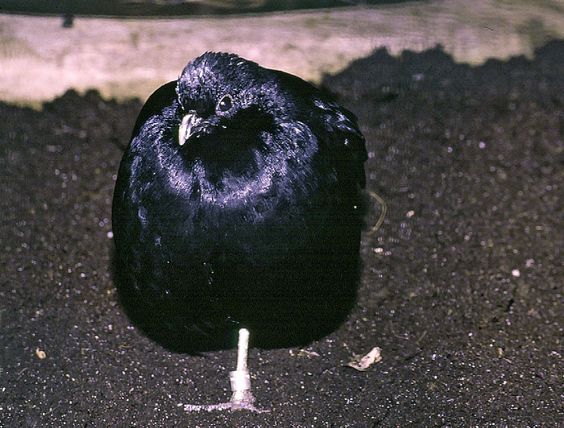While turkeys can make great pets for some people, there are some potential dangers and challenges associated with keeping them. Here are some of the main risks and considerations to keep in mind:
1. Aggression: Male turkeys, or toms, can become aggressive during breeding season, especially if they perceive a threat to their territory or mate. Toms may attack humans or other pets if they feel threatened, which can result in injuries.
2. Noise: Turkeys are known for their loud, distinctive calls, which can be heard from a distance. If you live in a residential area, keeping turkeys as pets may not be appropriate due to noise concerns.
3. Space requirements: Turkeys are large birds and require ample space to roam and forage. If you don't have enough space or if you keep too many turkeys in a small area, they may become stressed or develop health problems.
4. Health issues: Turkeys can be susceptible to a variety of health issues, including respiratory infections, parasites, and other diseases. It's important to monitor your turkeys for signs of illness and to provide them with appropriate veterinary care if needed.
5. Food safety: If you plan to consume your pet turkeys or their eggs, it's important to handle and prepare them properly to reduce the risk of foodborne illness. Be sure to follow appropriate food safety practices, such as washing your hands and cooking the meat to a safe internal temperature.
6. Mess: Turkeys can be messy birds, especially when they are eating or drinking. They may scatter feed or water around their living area, which can create a mess and attract rodents or other pests.
7. Housing: Turkeys require a secure, well-ventilated housing area to protect them from predators and the elements. The housing should be large enough to accommodate their size and allow them to move around freely.
8. Socialization: Turkeys are social birds and thrive in groups. If you plan to keep turkeys as pets, it's important to provide them with companionship and opportunities to interact with other birds.
9. Cost: Keeping turkeys as pets can be expensive, as they require appropriate housing, feed, and veterinary care. You should be prepared to invest time and money into providing your turkeys with the care they need.
10. Commitment: Turkeys can live for several years, so keeping them as pets is a long-term commitment. You should be prepared to provide ongoing care and attention to your turkeys for their entire lifespan.
11. Breed selection: There are many different breeds of turkeys, each with their own unique characteristics and requirements. Some breeds are better suited for meat production, while others are more docile and make better pets. Research different breeds and choose one that fits your specific needs and interests.
12. Weather: Turkeys are sensitive to temperature and humidity changes, so it's important to provide them with appropriate shelter and ventilation to protect them from extreme weather conditions.
13. Exercise: Turkeys require regular exercise to maintain their health and well-being. Providing them with access to a spacious, outdoor area to roam and forage can help keep them active and healthy.
14. Permits: Depending on where you live, you may need to obtain permits or licenses to keep turkeys as pets. Be sure to check local laws and regulations before acquiring turkeys.
15. Predators: Turkeys can be vulnerable to predators such as coyotes, foxes, and birds of prey. It's important to provide them with appropriate housing and protection to keep them safe from potential threats.
16. Noise: Turkeys can be noisy birds, particularly during breeding season when males gobble loudly to attract females. If you live in a residential area, noise complaints from neighbors may be a concern.
17. Aggression: Some male turkeys can be aggressive, particularly during breeding season. They may attack humans or other birds, so it's important to handle them with care and supervise them closely.
18. Disease: Turkeys are susceptible to a variety of diseases and parasites, some of which can be transmitted to humans. Proper hygiene and biosecurity measures are important to keep both your turkeys and yourself healthy.
19. Breeding: If you plan to breed your turkeys, it's important to understand the breeding process and provide appropriate nesting areas and care for the eggs and chicks.
20. Lifespan: Turkeys can live for up to 10 years, so it's important to be prepared for the long-term commitment of caring for them.
Overall, while keeping turkeys as pets can be a rewarding experience, it's important to be prepared for the challenges and responsibilities that come with caring for them. Be sure to research and understand the specific needs and requirements of turkeys, and provide them with the appropriate care and attention to ensure their health and well-being.






